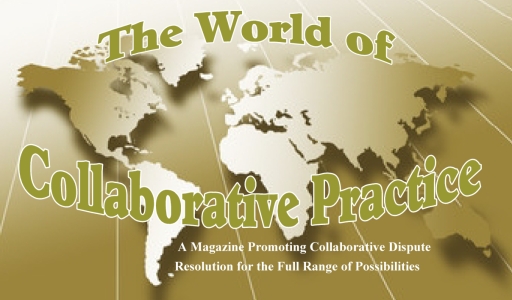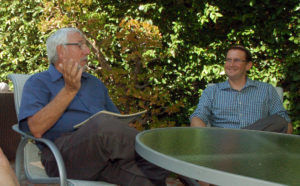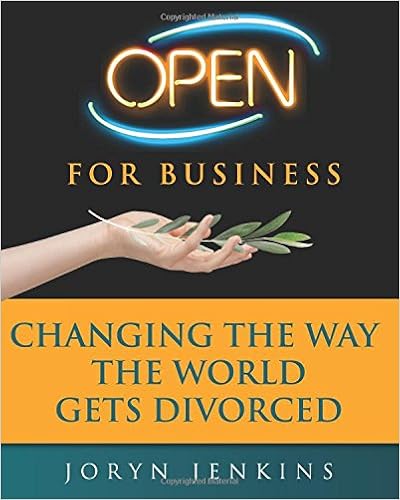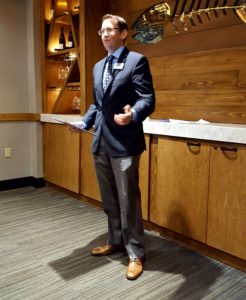World of Collaborative Practice: A Father Discusses His Collaborative Divorce
The World of Collaborative Practice Magazine is an online forum for collaborative professionals to write about news as well as the latest trends in collaborative practice. On September 15, 2016, the Magazine published the transcript of an iHeart radio interview from here in Tampa of a father discussing his collaborative divorce. The father, “Claire,” appeared with his collaborative attorney Julia Best Chase, along with Family Diplomacy managing attorney Adam B. Cordover, who represented Clair’s wife.

You can find a portion of the article reproduced after the jump.







